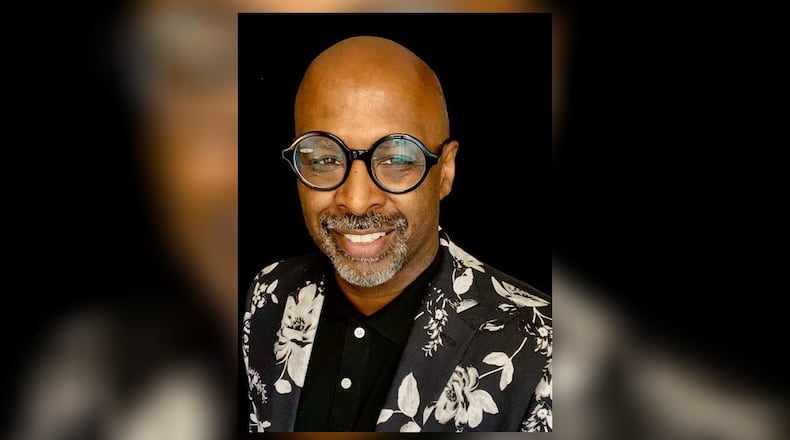I am proud of my public school education, proud of the art and creativity it introduced me to, proud of the lessons — both triumphant and humbling — that shaped my resilience. I learned curiosity, openness, and the courage to try again.
So here’s to Mr. Gallo, Ms. Sutton, and every teacher from my K–12 years who pushed me to think bigger and dig deeper. Their guidance, along with the encouragement of parents who could envision more possibilities for us all to achieve. To see beyond a zero-sum philosophy and to impart enough critical skepticism and awareness to see the hubris, arrogance and insecurities that fuel the hijacking of what used to be a principled, compassionate embodiment of what it means to be an American.
And yet, we now find ourselves at a crossroads — here in America, and across the globe — where intellectual openness and curiosity are too often dismissed, even derided. This isn’t a sudden shift, but the result of decades of erosion to the very structures that once made our democracy the envy of the world. It’s a corrosion fueled by self-interest, the fear of change, and the flattening of discourse by technology and social media. We live in an age where complexity is reduced to soundbites, where the deep, necessary processes of questioning, failing, and refining are skipped in pursuit of instant gratification.
Art refuses to work that way. When you stand before a painting or sit in the audience for a live performance, you’re witnessing the end of a long, unseen journey — hours of exploration, false starts, and painstaking pruning to get to the essence of an idea. The arts are not just polished surfaces; they are vessels for the messy, contradictory truths of life. And to fully receive them, we must step beyond personal taste into openness — openness to the good, the bad, and the ugly.
As we move into a new season of artistic offerings, I challenge all of us— myself included — to embrace moral ambiguity and courageous curiosity. To seek out the work that unsettles us and that challenges our neat, binary definitions of the world. To welcome art that confounds, confuses, inspires, and even infuriates. Because in those moments — in galleries, in theaters, on street corners — the arts do more than entertain. They remind us who we are. And perhaps, they might just be the last bulkhead defense of our democracy.
Rodney Veal is the host of ThinkTV/CET Connect and President of the board of OhioDance.
About the Author
